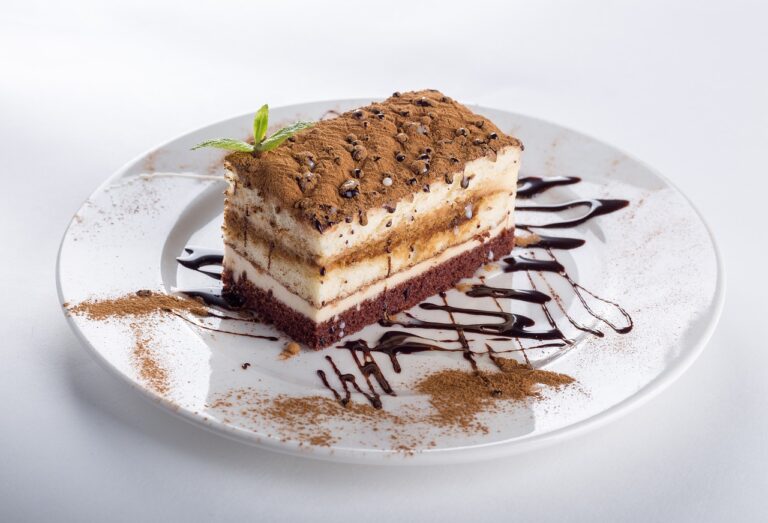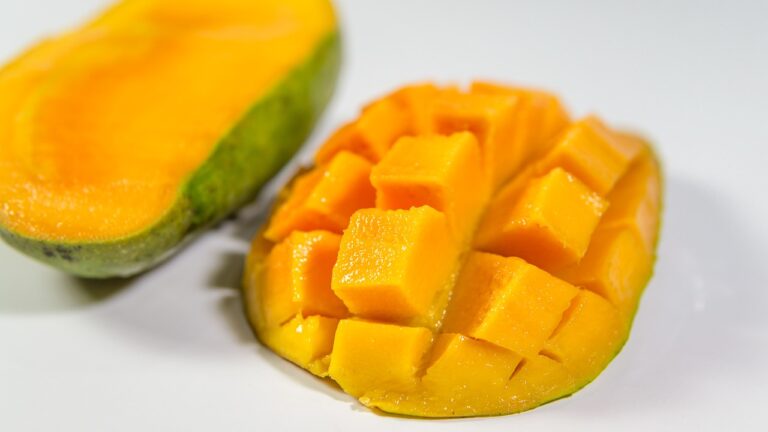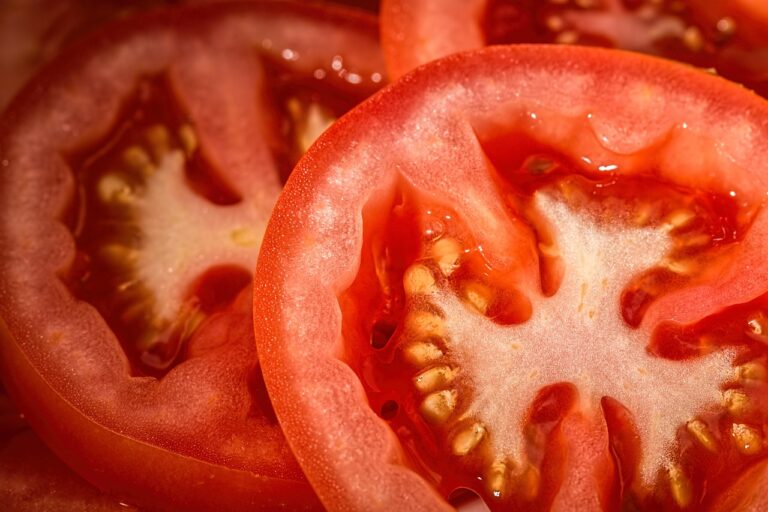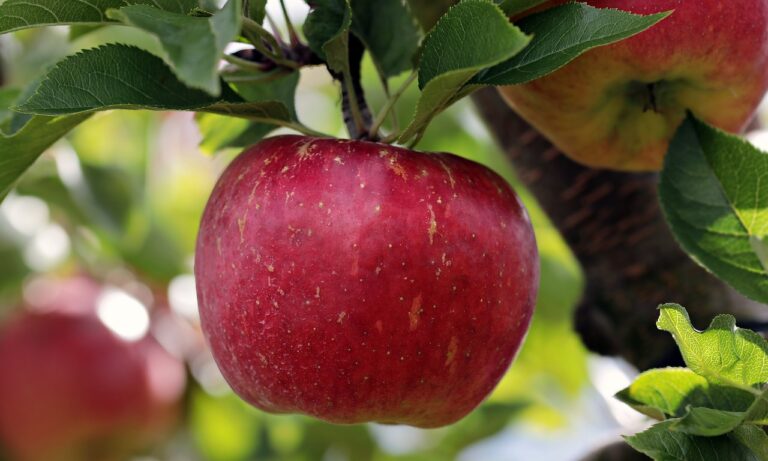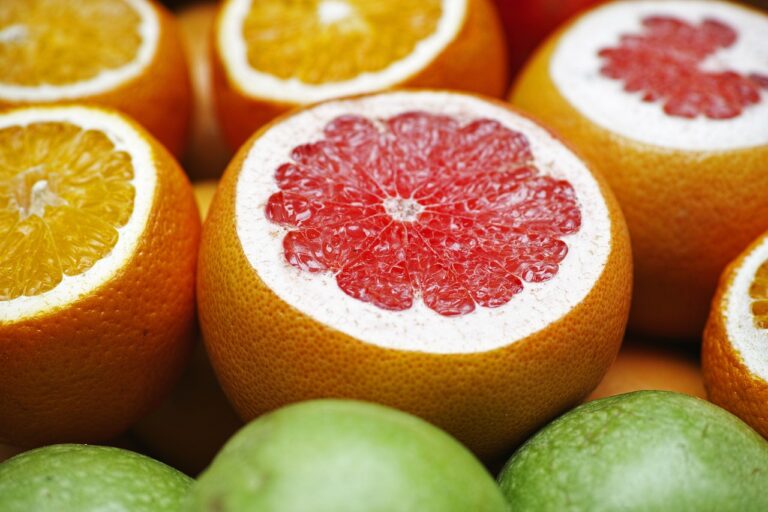Craving Coconut? What Are The Reasons?
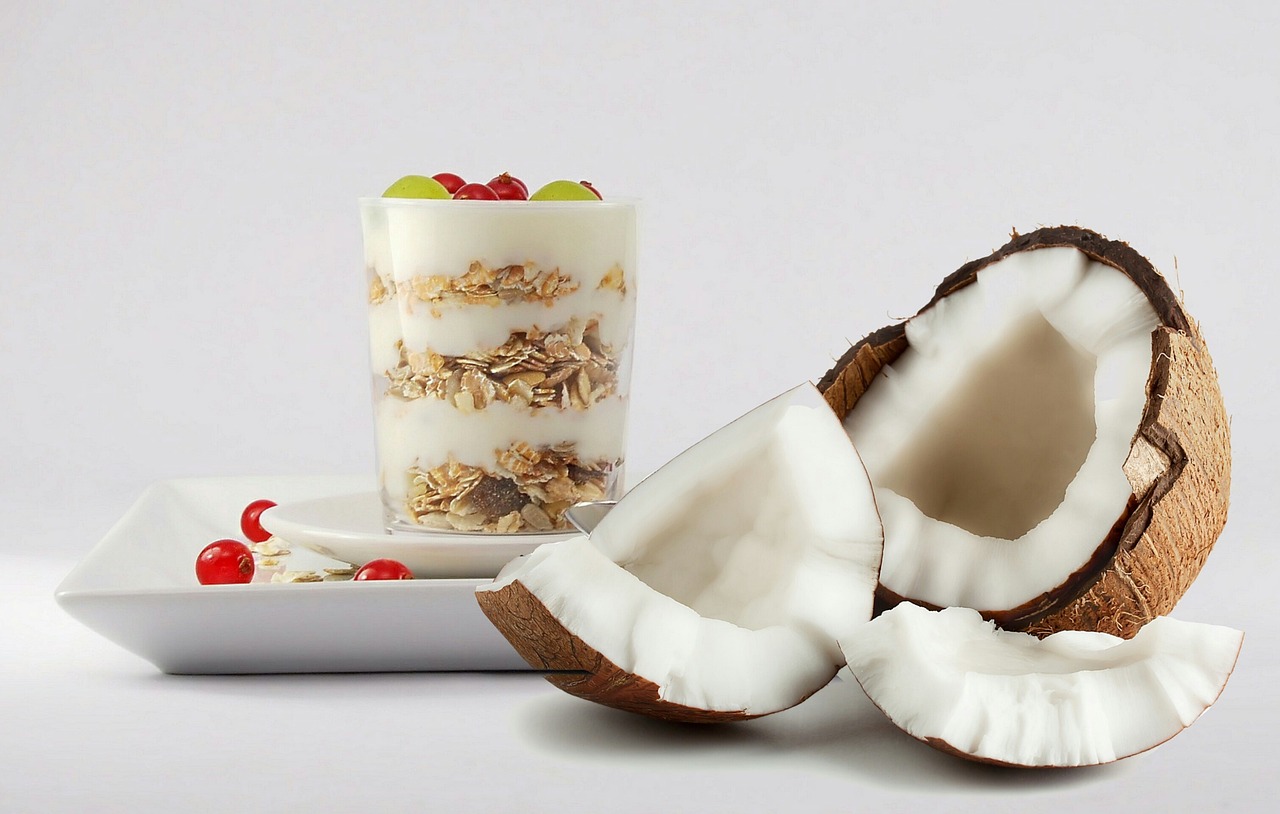
Coconuts are a fascinating fruit, known for their delicious taste and versatile uses in cooking, cosmetics, and even medicine. But why do we sometimes find ourselves specifically craving coconut? This article delves into the possible reasons behind our coconut cravings, offering insights into both the nutritional and psychological factors at play.
Why Am I Craving Coconut?
1. Nutritional Deficiencies
When our body lacks certain nutrients, it may crave foods that are rich sources of those nutrients. Coconut is packed with minerals such as potassium, magnesium, and iron, which are essential for maintaining the body’s balance. A craving for coconut might be the body’s way of signaling a need for these vital nutrients.
Coconut is also a good source of healthy fats, specifically medium-chain triglycerides (MCTs), which can be beneficial for energy. If your diet has been low in healthy fats, your body might be urging you to consume coconut as a way to get these important dietary components.
2. Energy Boost
Coconut is known for its ability to provide a quick source of energy. The MCTs found in coconut are metabolized differently from other fats, providing an immediate source of energy. When feeling fatigued or in need of a quick energy boost, our body might crave coconut as a natural way to reenergize.
This craving for an energy boost can also be psychological, where the body seeks the comfort and quick satisfaction coconut can provide. The sweet, rich taste of coconut can also be a mood enhancer, making it a go-to for when you need a pick-me-up.
3. Hydration Needs
Coconuts are also a source of hydration, with coconut water being rich in electrolytes such as potassium, sodium, and magnesium. Craving coconut, especially coconut water, could be an indication that your body is in need of hydration. This is particularly common in hot climates or after exercise when the body is depleted of fluids.
The refreshing taste and electrolyte balance provided by coconut water make it an ideal drink for rehydration. This natural isotonic beverage can be more appealing than plain water, leading to cravings when the body needs to replenish fluids.
4. Psychological Comfort
Sometimes, the craving for coconut can stem from psychological reasons rather than physical needs. Coconut is often associated with tropical holidays and relaxation. Craving coconut might be a way for our minds to seek comfort or relive pleasant memories from past experiences.
The unique flavor and texture of coconut can also provide sensory satisfaction that other foods do not, making it a comfort food for some people. The act of eating coconut or foods flavored with coconut can be a soothing experience, offering a mental escape to a state of relaxation.
5. Dietary Restrictions
For individuals following specific diets, such as keto or paleo, coconut can be a staple food due to its high healthy fat content and low carbohydrate profile. Cravings might occur as a result of limited food options, with coconut serving as a desirable and permissible treat.
Moreover, coconut can be a great alternative for those with allergies or intolerances to dairy, gluten, or nuts, offering a safe and satisfying option. The versatility of coconut in recipes makes it an appealing choice for many, leading to cravings when seeking variety within dietary restrictions.
6. Influence of Media and Social Trends
The popularity of coconut in health and wellness trends can also influence cravings. Social media, blogs, and health magazines often tout the benefits of coconut, increasing its desirability. Being constantly exposed to images and discussions about coconut can plant a seed of craving in our minds.
The trendiness of coconut-based products, from coconut oil to coconut flour, makes them more appealing to try. This cultural influence can drive cravings as individuals seek to partake in the latest health trends and experiment with new, fashionable ingredients.
7. Seasonal Changes
Cravings for coconut can also be tied to seasonal changes. During summer, the desire for tropical, refreshing foods increases, and coconut perfectly fits this profile. The association of coconut with warmer weather and summer vacations can trigger cravings as the seasons change.
In contrast, during colder months, the body may crave the rich, comforting taste of coconut in baked goods or hot beverages, seeking warmth and comfort through food. Seasonal affective disorder (SAD) might also play a role, with coconut-based treats offering a temporary mood lift.
8. Texture and Flavor Preferences
Individual preferences for texture and flavor can lead to specific food cravings. Coconut has a unique texture and flavor profile that is not easily replicated by other foods. For those who enjoy the chewiness of shredded coconut or the creaminess of coconut milk, cravings might occur as a desire for these specific sensory experiences.
The combination of sweet and slightly nutty flavors found in coconut can satisfy both sweet and savory cravings, making it a versatile craving choice. The rich texture and taste of coconut can fulfill a range of dietary desires, from crunchy snacks to smooth, creamy desserts.
9. Hormonal Changes
Hormonal fluctuations, such as those experienced during menstrual cycles, pregnancy, or menopause, can influence cravings. Coconut contains compounds that can help balance hormones, such as lauric acid, which can have a positive effect on estrogen levels.
Craving coconut during these times may be the body’s way of seeking out foods that can help mitigate hormonal imbalances or provide comfort during periods of heightened emotional sensitivity. The nutritional profile of coconut can support the body’s needs during these changes, leading to targeted cravings.
10. Gut Health
Finally, coconut is beneficial for gut health due to its antimicrobial properties and content of dietary fiber. Craving coconut might be a sign that your body is seeking support for digestive health. The medium-chain fatty acids in coconut can help balance the gut flora, promoting healthy digestion.
Additionally, the fiber in coconut can aid in regularity and prevent constipation, making it a desirable food for those focusing on digestive health. Cravings for coconut could indicate the body’s intuitive push towards foods that support gut well-being.
Craving Coconut And Pineapple
Craving coconut and pineapple might indicate a desire for tropical flavors or a need for essential nutrients found in these fruits. These cravings can stem from a deficiency in vitamins C and Manganese, both abundant in pineapple, and medium-chain fatty acids in coconut, beneficial for energy. The refreshing taste and hydrating properties of both fruits make them appealing, especially in warm weather.
Moreover, the natural sugars in pineapple and the healthy fats in coconut can satisfy sweet cravings in a nutritious way. The combination of coconut and pineapple is not only delicious but also offers a sense of mental escape to tropical paradises, which can be a psychological trigger for cravings. Such cravings could also hint at an underlying need for more diverse flavors and textures in one’s diet, encouraging a more adventurous approach to eating.
Craving Coconut Cream
Craving coconut cream could be a sign of the body’s need for healthy fats and a comforting, creamy texture. Coconut cream is rich in medium-chain triglycerides (MCTs), which are easily converted into energy, making it a preferred source of fats for those looking for sustained energy levels. Its creamy texture can also satisfy desires for rich, indulgent foods without resorting to unhealthy fats.
Additionally, the craving for coconut cream may reflect a psychological comfort or a need for foods that are perceived as exotic and luxurious. This craving could also be a body’s way of seeking out nutrients like potassium and magnesium, which are present in coconut. Moreover, incorporating coconut cream into one’s diet can add a variety of culinary possibilities, which might be an unconscious desire for culinary diversity.
Craving Coconut During Pregnancy
Craving coconut during pregnancy is common and can be attributed to the body’s increased nutritional needs during this time. Coconuts are a good source of lauric acid, which can enhance the immune system, a crucial benefit for pregnant women. Additionally, the natural hydration provided by coconut water can help meet the increased fluid needs of pregnancy, making cravings for coconut-based products quite beneficial.
Pregnant women might also find the texture and flavor of coconut products soothing for nausea or digestive issues, common during pregnancy. The craving for coconut might also indicate a need for more healthy fats in the diet, which are essential for the development of the baby’s brain and nervous system. Furthermore, the psychological aspect of craving foods perceived as refreshing and nourishing can contribute to an expectant mother’s desire for coconut, offering both physical and emotional benefits.
Craving Coconut Flakes
Craving coconut flakes could signal a need for crunchy textures and a mild, sweet flavor in one’s diet. Coconut flakes are rich in dietary fiber, which can aid in digestion and promote a feeling of fullness, potentially indicating a body’s need for better digestive health or satiety between meals. This craving can also reflect a desire for healthier snack options that provide both nutritional value and satisfaction.
The versatility of coconut flakes, which can be used in both sweet and savory dishes, might stimulate a craving for culinary diversity. Additionally, the act of eating coconut flakes can provide a satisfying sensory experience through their unique texture and flavor. It might also hint at a subconscious effort to incorporate more plant-based sources of fats and nutrients into the diet, aligning with a growing health consciousness.
Craving Coconut Meat
Craving coconut meat might be related to its rich texture and nutrient profile, offering a unique combination of healthy fats, fiber, and minerals like potassium and magnesium. This craving could indicate the body’s need for sustained energy release, provided by the medium-chain triglycerides found in coconut meat. Additionally, the fiber content in coconut meat can aid in digestive health, suggesting a possible need for dietary fiber.
The desire for coconut meat could also stem from its potential benefits in improving cholesterol levels and boosting metabolism. Moreover, its chewy and slightly sweet nature can satisfy the need for a fulfilling snack that is both nutritious and indulgent. This craving may also be a sign of seeking variety in one’s diet, exploring different textures and flavors to enhance culinary experiences.
Craving Coconut Milk
Craving coconut milk could suggest a need for a dairy-free alternative that is rich in nutrients and flavor. Coconut milk is a good source of several vitamins and minerals, including iron, calcium, and potassium, which can support overall health and well-being. Its creamy texture and tropical taste can also fulfill desires for rich, indulgent foods without the lactose found in traditional dairy products.
This craving might also be related to the body’s need for healthy fats that are easily metabolized and can contribute to a feeling of satiety. Furthermore, coconut milk can be a culinary delight, adding creaminess and exotic flavor to dishes, which might indicate a craving for more adventurous eating experiences. It could also reflect a subconscious move towards plant-based eating, as individuals seek out nutritious and sustainable food choices.
Craving Coconut Oil
Craving coconut oil can be linked to its numerous health benefits and the body’s need for quality fats. Coconut oil contains medium-chain triglycerides (MCTs), which are known for their energy-boosting properties and ability to support metabolism. The craving for coconut oil might also stem from its potential to improve skin and hair health when used externally, reflecting a desire for natural beauty remedies.
Internally, the craving could indicate a need for fats that support cognitive function and hormonal balance, as coconut oil has been shown to offer such benefits. Additionally, the versatile use of coconut oil in cooking and baking can appeal to those looking to add a healthy, flavorful touch to their meals. This craving might also suggest a growing interest in health and wellness trends, where coconut oil is often highlighted for its numerous benefits.
Craving Coconut Water
Craving coconut water is often a sign of the body’s need for hydration and electrolytes, especially after exercise or in hot weather. Coconut water is naturally rich in potassium, magnesium, and other minerals that help replenish electrolytes lost through sweat. This craving can also indicate a desire for a refreshing and natural alternative to sugary drinks or sports beverages.
Additionally, the light sweetness and nutty flavor of coconut water can satisfy the taste buds without the calories and sugar found in many other drinks. The craving for coconut water might also reflect a need for increased energy and improved digestion, as it is easily digestible and provides a quick source of carbohydrates. Furthermore, this craving could symbolize a subconscious push towards healthier lifestyle choices, as coconut water is often associated with wellness and natural hydration.
Craving Coconut Yogurt
Craving coconut yogurt might indicate a search for dairy-free probiotic sources, beneficial for gut health and digestion. This craving can arise from a need to consume foods that are gentle on the stomach, especially for those with dairy sensitivities or lactose intolerance. Coconut yogurt is also rich in healthy fats and can provide a satisfying alternative to traditional yogurt, fulfilling desires for creamy textures without dairy.
Moreover, the craving for coconut yogurt could be tied to an interest in plant-based diets or the pursuit of more ethical and environmentally friendly food options. The unique taste and texture of coconut yogurt can also satisfy a craving for something different, adding variety to one’s diet. Additionally, the probiotics found in coconut yogurt are essential for maintaining a healthy gut microbiome, indicating a body’s intuitive need for balance and wellness.
Cravings Coconut Rice
Craving coconut rice can reflect a desire for comfort foods that are both satisfying and subtly sweet. This dish combines the creamy texture of coconut milk with the comforting staple of rice, offering a delicious and nutritious option for those seeking variety in their carbohydrate sources. The craving for coconut rice might also indicate a nutritional need for complex carbohydrates paired with the healthy fats found in coconut milk, which can help in feeling full and satisfied longer.
Furthermore, the aromatic flavors of coconut rice can evoke a sense of culinary adventure, satisfying a yearning for exotic tastes. This craving could also be a sign of the body seeking balance, as coconut rice provides a good mix of energy, fats, and nutrients. Moreover, for many, coconut rice is associated with cultural or familial memories, and craving it might reflect a deeper longing for comfort or nostalgia through food.
Conclusion
In conclusion, craving coconut can be attributed to a variety of factors, ranging from nutritional needs and psychological comfort to seasonal changes and health trends. Understanding the possible reasons behind these cravings can help us make informed choices about our diets and recognize the body’s signals for what it needs or desires. Whether it’s for hydration, energy, or simply the enjoyment of its unique taste and texture, coconut continues to be a favored craving for many.

